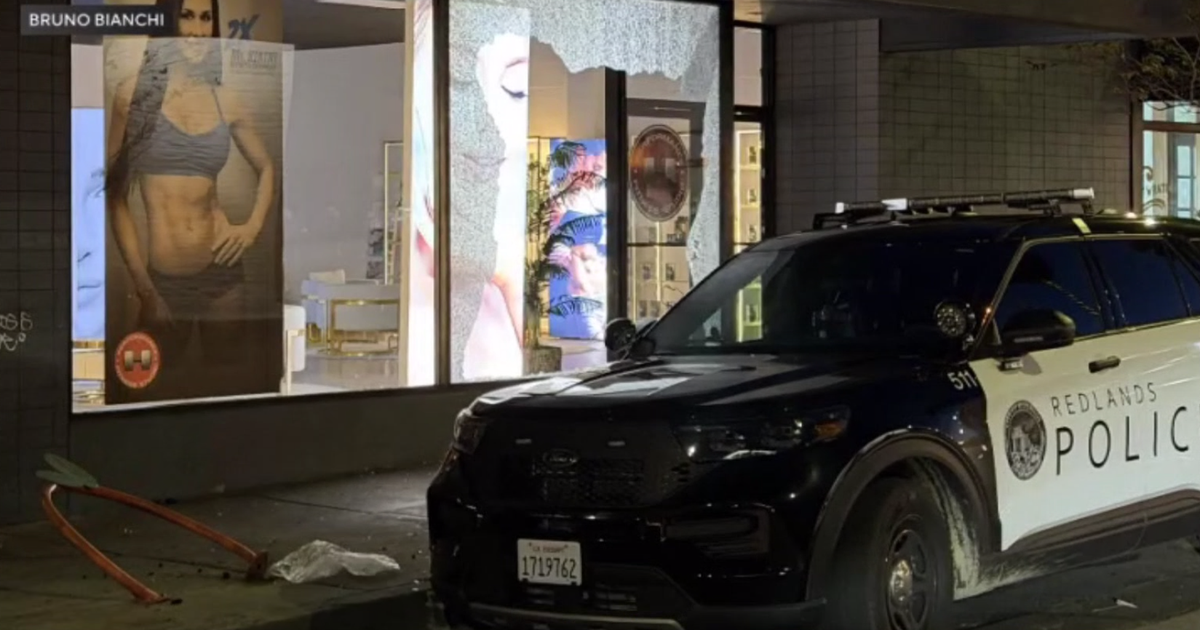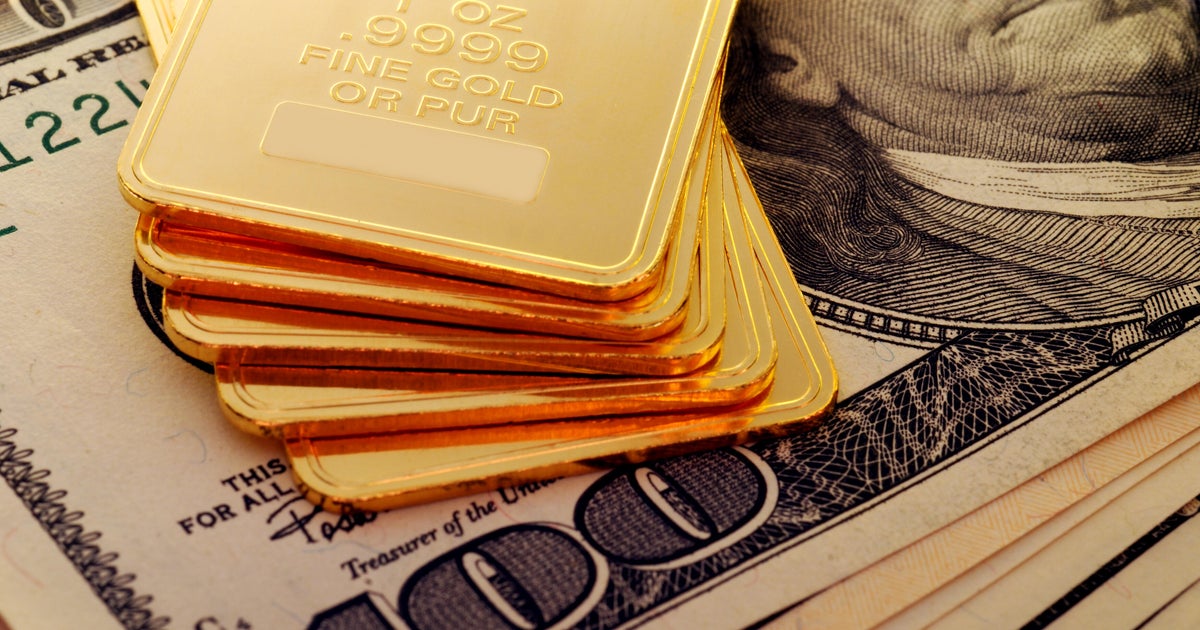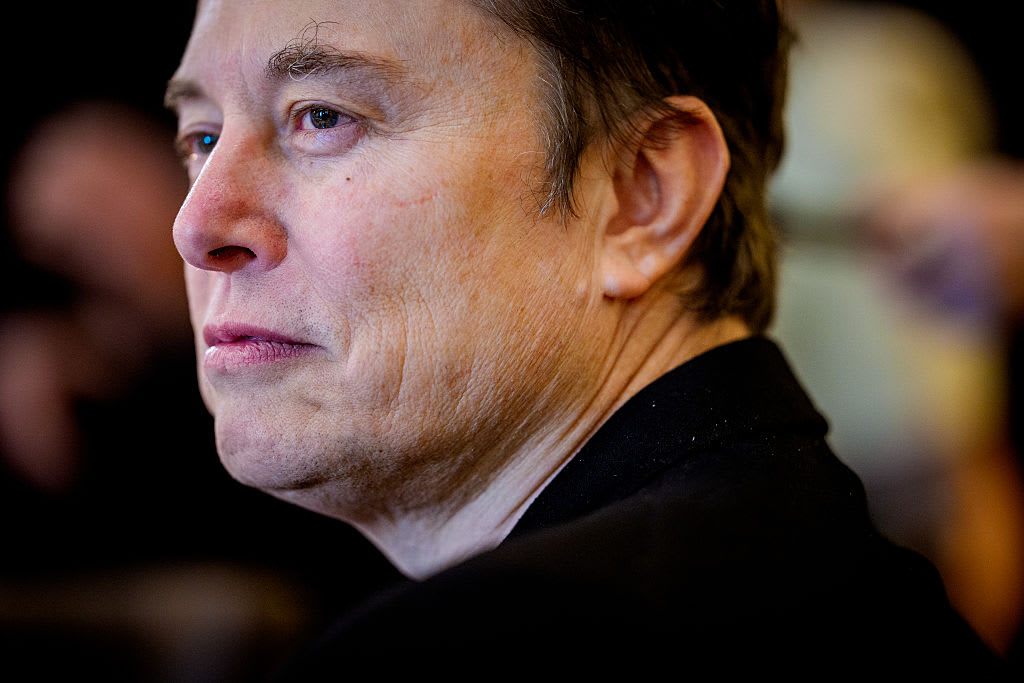Elon Musk angling for cut-rate deal on Twitter, analysts say
Elon Musk's $44 billion buyout of Twitter appeared to be spiraling into oblivion this week, with the Tesla CEO and world's richest person raising questions about the number of bogus accounts on the social media platform.
On Friday, Musk tweeted that he needed more information on how many bots are on Twitter, and that his planned buyout of the platform was "on hold." On Monday, Musk told a private conference in Miami that the number of fake accounts could be well over 20% of the user base.
But Wall Street analysts see the airing of doubts as a tactic aimed at lowering the purchase price for Twitter at a time when Tesla's falling stock price is denting Musk's personal wealth.
Indeed, at the Miami conference Musk said that a lower acquisition price for Twitter "wouldn't be out of the question," according to Bloomberg News.
"Our view in a nutshell is that the $54.20 deal price for Twitter is now out the window in the Street's perspective, and [it's] about either driving a lower deal price or Musk could walk away," Dan Ives, analyst at Wedbush Securities, wrote in a research note.
"[T]he massive pressure on Tesla's stock since the deal, a changing stock market/risk environment the last month and a number of other financing factors (equity financing) has caused Musk to get 'cold feet' on the Twitter deal," he added. "If a revised deal does get done by Musk and Twitter, it will likely will be at a lower price."
Angelo Zino, an analyst for CFRA who covers tech companies, noted that Twitter's estimate of the number of bots on its platform has been constant since the company went public in 2013, at about 5% of its users. Musk, who is Twitter's largest individual shareholder, likely could have gotten more details on bot activity at the company without publicly raising the issue as a potential obstacle to a deal, Zino reasoned.
"Once he took that 9% position in the company he could easily have picked up the phone, talked to anyone in management and gotten more clarity about it," Zino told CBS MoneyWatch.
By putting the deal on hold publicly, "probably, he's looking to get a more favorable price," Zino added.
Musk's $54.20 per share offer for Twitter amounts to a 40% premium on the company's value before the billionaire disclosed on April 4 that he had taken a roughly 9% stake. Since the deal was announced, Twitter has lost 20% of its value, with the company's stock price sliding to $38.
The decline in equity markets has also punished Tesla's stock, which Musk is relying on to finance his bid. Most of Musk's estimated $224 billion fortune is tied up in Tesla shares.
Part of the Twitter deal is funded with a margin loan linked to Tesla's value. According to media reports, Musk is on the hook for $6.25 billion in debt, although he is looking to sign up additional equity investors to reduce the loan further. At the loan's current value, Fortune estimated that Musk could withstand a drop in Tesla's price of up to $420 a share, below which he wouldn't have enough to cover debt financing for Twitter.
Twitter "waiting by the altar"
On Monday, Tesla shares fell to $724. The broader drop in stocks this year has shaved $46 billion from Musk's fortune, according to the Bloomberg Billionaires Index.
Renegotiating Twitter's price "wouldn't be hard for him to do, necessarily," said Zino, although it might cost Musk a penalty or the $1 billion breakup fee stipulated in the purchase agreement.
"It only makes sense for him to do what he can do to get the leverage in his favor — open up options to potentially revise the price lower or maybe walk away, which we think is a much lower probability," Zino said.
Meanwhile, Twitter will feel pressure to accept a lower price because it lacks other options, Ives said.
The "Twitter Board in a tough spot with no one else waiting by the altar," he wrote. "The stark reality for Twitter is that no other strategic/financial bidder will come near this deal."
Twitter's stock has slumped since Musk put the deal on hold, pointing to investor uncertainty over the deal. Ives put the likelihood of Musk completing the transaction at below 50%. Although Zino expects the deal to close, he acknowledges that there are no guarantees given Musk's mercurial nature.
"When it comes to Elon Musk you never know," Zino said.
"I thought the biggest risk was Elon Musk himself having a change of heart — I continue to think that is the biggest risk to this deal getting done."



